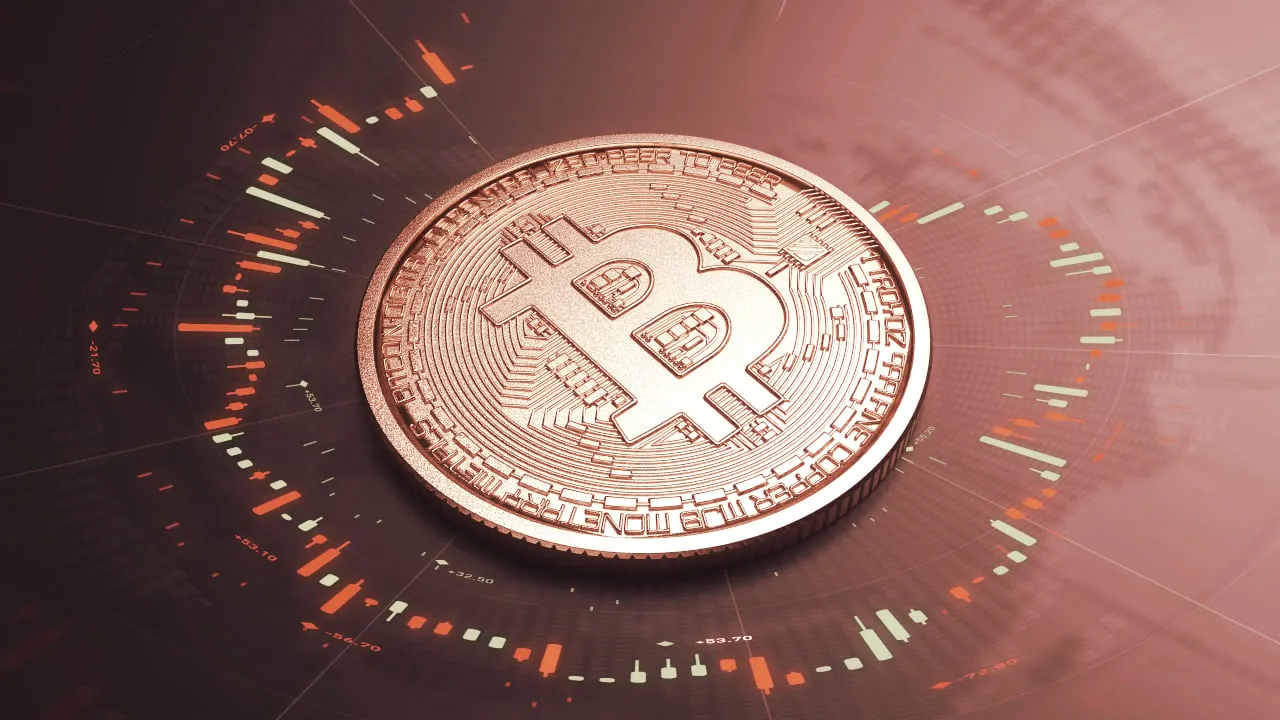Bitcoin ETFs have been a huge success so far this year, but a yawning gap between the biggest issuers and the rest could mean a smaller field next year, according to 21Shares President Ophelia Snyder.
“I think you’ll be having three to five winners in this market maximum,” Snyder told Decrypt.
Snyder said the last month since spot Bitcoin exchange-traded funds launched, events in the market have played out in ways that were both expected and unexpected. The amount of investments into ETFs has been positive, but it has been especially interesting to see how “receptive” the market has been even without the biggest financial players stepping in yet, she said.
“Despite not having any of those people we were hoping to welcome to this community, we’re still seeing the most successful ETF launch in history,” Snyder said in an interview. “This is only the starting gun firing.”
Bitcoin ETFs are investment products that allow buyers to gain exposure to Bitcoin without the need to buy or hold the digital asset directly. That removes the biggest hurdles some crypto-curious investors would normally face: navigating cryptocurrency exchanges, digital wallets, and seed phrases.
The SEC had for a decade denied spot Bitcoin ETFs from entering the U.S. market, citing the potential for market manipulation in crypto as its primary reason. But earlier this year, in a historic move, the SEC approved 10 such products to begin trading in the U.S.
Since then, 21Shares has been among the biggest winners. On February 9, 21Shares crossed the $1 billion in assets under management threshold, putting it in a tier alongside BlackRock, Fidelity, and Grayscale. Bitwise joined this group a little under a week later.
This success marks a crowning achievement of sorts for Ark Invest, given its years-long quest to bring a spot ETF to market. It first filed an application with the SEC in June 2021 and then again in April 2023, but was rebuffed. After BlackRock filed its application last June, Ark Invest was quick to follow with an amended filing to address the Commission's concerns around market manipulation, including provisions for a surveillance-sharing agreement.
Much of the early investment in the ETFs has come from the retail side, mom and pop investors, rather than from advisors or brokers on Wall Street. Snyder, a veteran of the investment banking space, said this is hardly unusual and was to be expected.
“This is a very retail-heavy market and retail typically has access faster than advisors,” Snyder explains. She adds that the scale of inflows seen from retail represents a pent-up demand over the last decade that has been “compressed” and is now flooding in.
In contrast, firms like banks and brokers offering ETF products to clients is a months-long process. Some firms have already begun to offer the spot Bitcoin ETF, including Charles Schwab and investment bank UBS, which is offering them to some clients. Meanwhile, investor advisor Vanguard has declined to get involved, citing Bitcoin’s volatility as a reason to steer clear.
For others, the routine checks other ETFs are subject to—checks for assets under management levels, track record, or reputational risks—need time to play out. As successful as 21Shares and other Bitcoin ETFs have been, that won't rush these firms into a decision, according to Snyder.
"You're not buying a car for the sole fact it exists," said Snyder, referring to the ETFs. "Thirty days in, and they still haven't finished checking the tires yet."
As this next wave of funds hovers over the horizon, the competition among issuers is already fierce. Most have cut their fees as a way to get ahead of their rivals before launch day, but more cuts followed. These cuts may risk cutting into profitability in the short-term, but the longer-term problem may be finding space to compete in the first place without the gap between the biggest and smallest players narrowing.
Snyder said that it will be a challenge for the smaller ETFs to compete with their biggest peers, especially those that crossed the $1 billion range in assets. Markets, she continued, will eventually gravitate around these players that offer higher trading volumes and more liquidity, which will squeeze the space available for issuers that can't match them.
“If you don’t cross $1 billion soon, there is no way that this works because there is a compounding effect of success begetting success,” Snyder told Decrypt. “The space will be smaller next year. There is no way it won’t be.”

